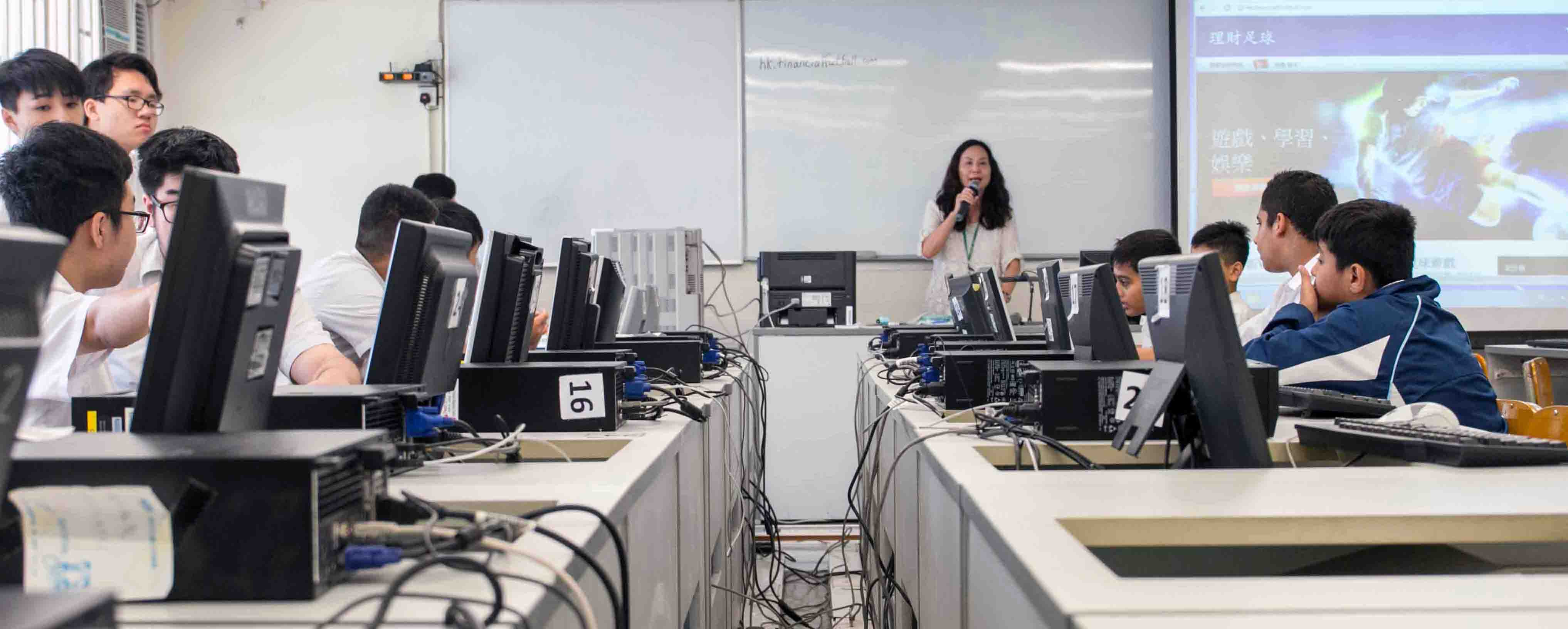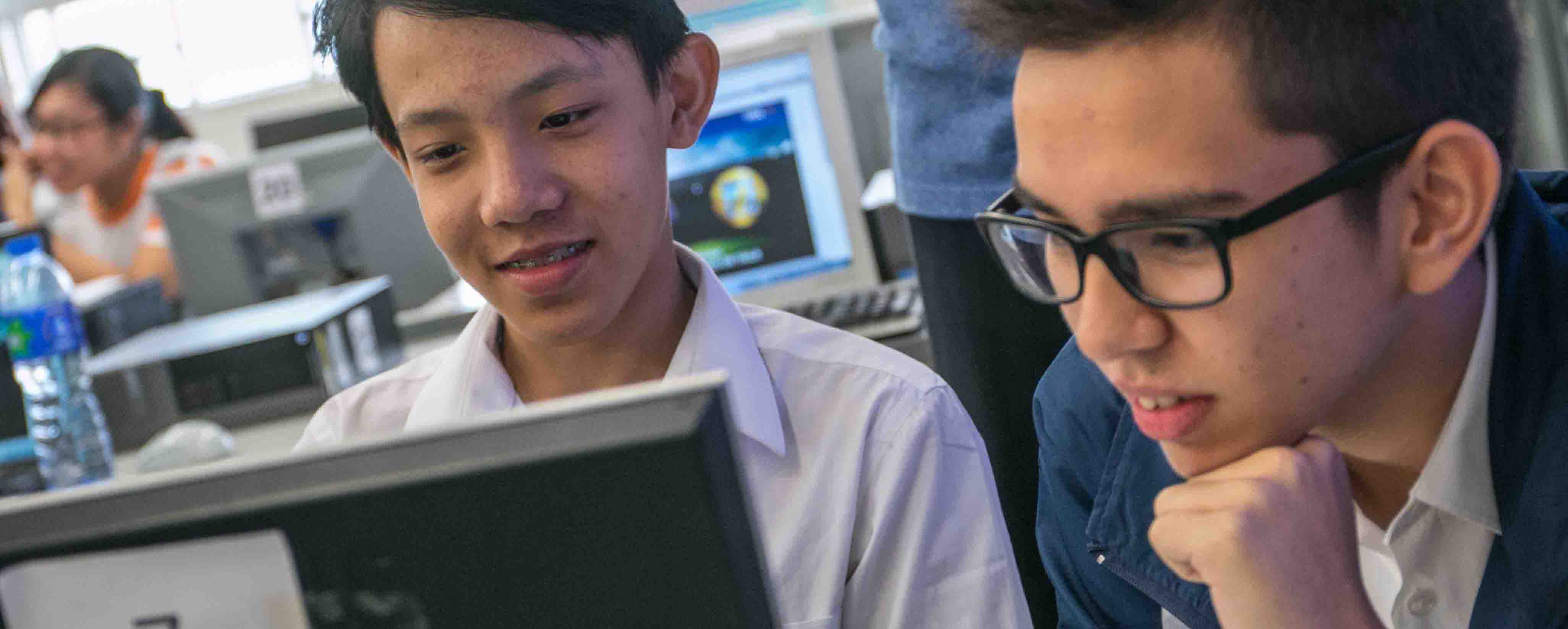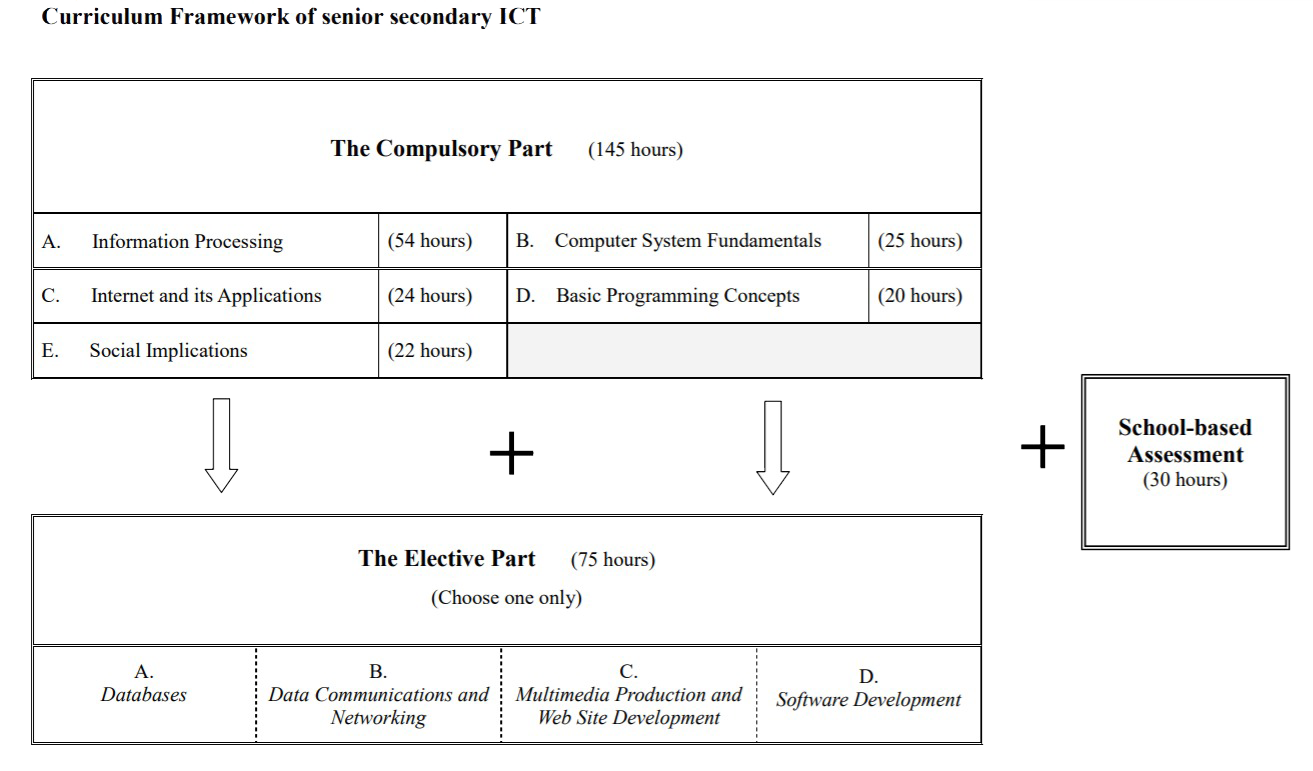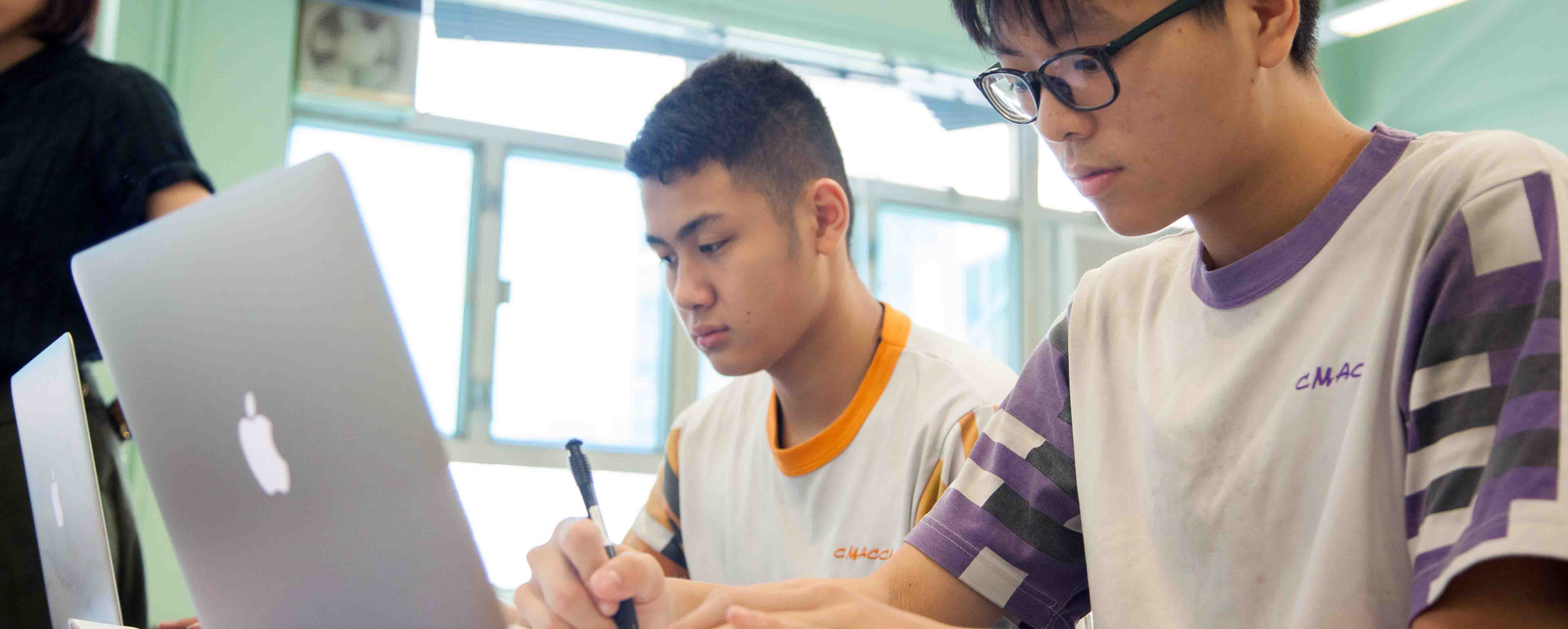 Information and communication Technology
Information and communication Technology

| Subject Activities | ||
| Curriculum Aims | ||
|
The senior secondary ICT curriculum aims to :
 |
||
| Learning Targets | ||
|
During the three-year senior secondary ICT curriculum, students work towards the following learning targets in the categories of “Knowledge and Understanding”, “Skills” and “Values and Attitudes”: Knowledge and Understanding
Skills
Values and Attitudes
 |
||
| Curriculum | ||
 |
||
|
The curriculum is organised into a Compulsory Part and an Elective Part. The Compulsory Part of the curriculum occupies 145 hours and spans approximately one and a half school years. It comprises a number of topics involving the fundamental principles in information and communication technologies and provides students with a solid foundation and broad area of study in ICT. The Compulsory Part consists of five modules, namely Information Processing, Computer System Fundamentals, Internet and Its Applications, Basic Programming Concepts and Social Implications. The Elective Part takes up about 75 hours of curriculum time and spans about one school year. Four options, drawn from distinctive fields of computing and information science and their applications, are offered in the Elective Part. Based on their abilities, interests and needs, students are required to choose a specialised area for in-depth study. The options in the Elective Part can be broadly categorised as those illustrating applications of computers in specific areas, and those intended for students who will pursue further studies in ICT as a discipline in tertiary education, but the two are not mutually exclusive. The options are Databases, Data Communications and Networking, Multimedia Production and Web Site Development and Software Development.  |
||
| Future Study and Career | ||
|
The senior secondary ICT curriculum relates to many aspects of modern life and to diverse fields of study within and beyond senior secondary education. Students will be exposed to a variety of intellectual challenges involving problem-solving, communication and a range of associated practical skills and concepts. |
||
|
Relevant Sub-degree and diploma programmes in tertiary education institutes | |
|
|
|


